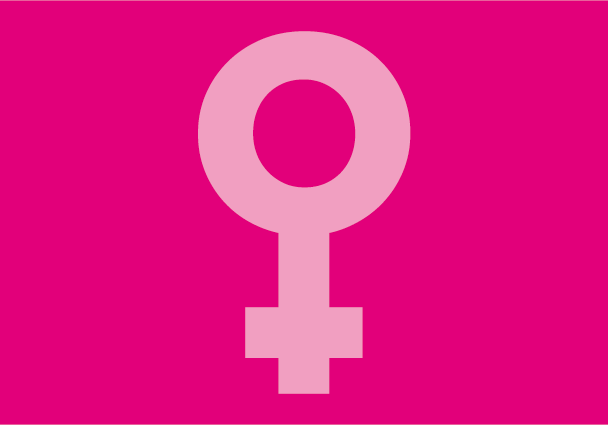The ICJ said today, before the 45th Session of the UN Sub-Commission on Prevention of Discrimination and Protection of Minorities, held in Geneva, that the struggle for women’s human rights is by no means over.
This is a reality despite the encouraging words embodied in the Vienna Declaration and Programme of Action and the fact that 111 governments have now ratified the Convention on the Elimination of All Forms of Discrimination against Women (CEDAW).
Of particular concern to the ICJ is that many governments have made reservations which have emptied CEDAW of its content. In several countries, despite ratification of the CEDAW, a variety of traditional, religious and cultural practices, as well as government policies, continue to oppress, exploit and discriminate against women. The role and equal participation of women in development is not formally recognized. Ironically, however, in some rural areas of the Third World, the burden of agricultural activity and other aspects of rural development is borne by women. They, nonetheless, lack access to agricultural credits, loans and other facilities including legal title to the lands they cultivate.
National and international programmes are urgently required, that should include: assistance to women’s grass roots organizations, legal recognition of the economic, social and political status of women, the establishment of affirmative action programmes for women in leadership roles in government, regional institutions and international organizations, including the UN.
In its intervention before the UN Sub-Commission, the ICJ also called for the urgent realization of Economic, Social and Cultural Rights for large sections of the population in the Third World, living in absolute poverty.
The ICJ particularly insisted on the removal of barriers to the realization of these rights. Special mention is made of the fraudulent enrichment of high-ranking government officials and corruption. This is the third consecutive time the ICJ denounces this scourge at the Sub-Commission. The ICJ proposed that dictators, human rights violators and their henchmen who plunder public treasury for their own personal benefit be made strictly accountable. A special study by the Sub-Commission on this problem was demanded.
Further impediments denounced are: increased militarization and expenditure on arms for repression, adoption of economic policies with scant regard for public consultation and governmental accountability and ethnic conflict and violence.





